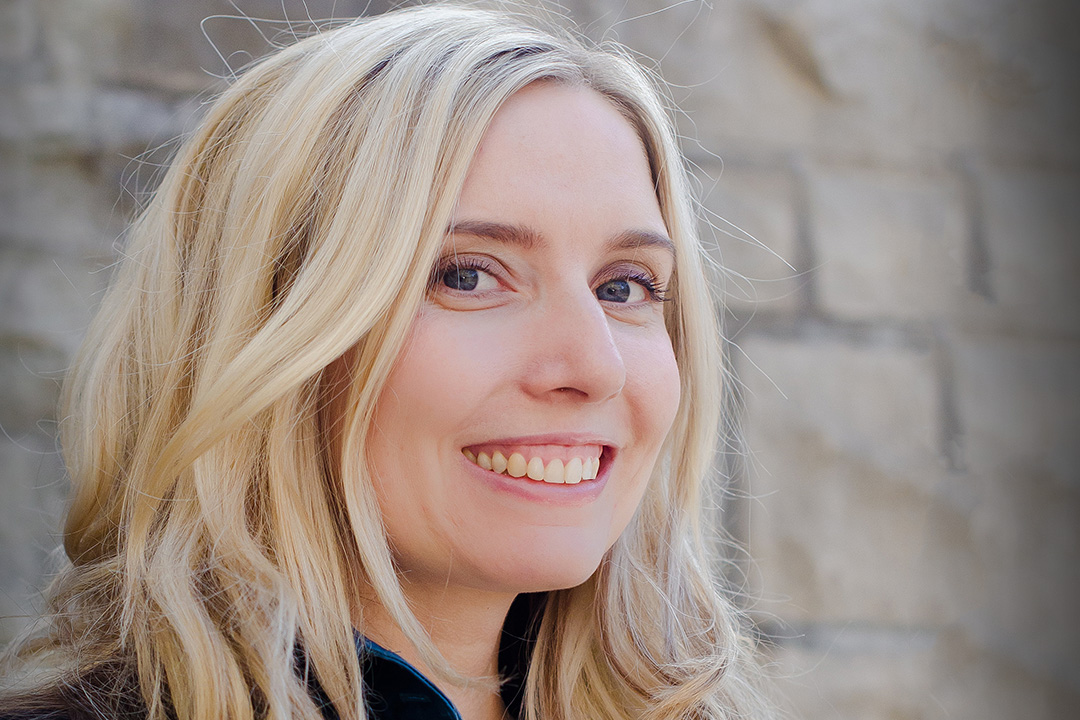
Keep sleep a priority: Edwards professor
If you've ever been faced with the choice between sleep or study, you might be better off hitting the hay instead of hitting the books.
That’s according to University of Saskatchewan (USask) Edwards School of Business professor Dr. Erica Carleton (PhD), whose primary research focus is on leadership and intersecting interests in employee health and well-being, sleep and gender.
Faced with heavy course loads, writing papers and studying for exams, it has become the norm for students to survive on a few hours of sleep. But, according to Carleton, getting more sleep is the number one change you can make when it comes to performing better, whether it’s at work or in the classroom. Similarly, catching more ZZZs also forms the basis for better self-care decisions.
“If you think of sleep as a preventative health behaviour, similar to exercise or nutrition, based on one of our studies, sleep is three times as significant as anything else,” said Carleton. “If you don’t sleep well, you are less likely to exercise. You are also less likely to make good food choices. So, if you could fix one thing, getting more sleep will affect your decisions for the better, and the way you conduct yourself throughout the day will be more positive.”
The idea that getting more and better sleep isn’t necessarily a novel one. But Carleton’s research delves far deeper into examining a possible link between sleepiness and prejudice in promoting women to leadership positions.
Having been recently awarded $58,000 from the Social Sciences and Humanities Research Council, Carleton and her research team, which includes Dr. Megan Walsh (PhD) of the Edwards School of Business, and Dr. Nick Turner (PhD) of the University of Calgary, will test the impact of lack of sleep on hiring women for leadership roles.
Carleton also aims to show the benefits of mindfulness, which she describes as attention and awareness of the current moment in time.
“We spend so much time planning for the future or ruminating on what we did in the past. Mindfulness brings us to the present,” Carleton explained. “It’s been linked to better decision making because you are more present. Mindfulness in the evening can also help you fall asleep at night. If you are focusing on the moment instead of ruminating on a previous test or worrying about an essay that is due, it will help bring you back to the present, which will calm you.”
And while many students spend their time in classes to prepare for their careers, Carleton said that practicing mindfulness and establishing better sleep patterns will make the transition to the workplace easier.
“What matters most to students is writing papers and exams and getting good marks. If you think about work commitments, it’s a similar set of outcomes. It’s your first entry into that responsibility where you have to make decisions about going to class.”
And if getting a good night’s sleep isn’t a first concern for improving your studies, you should rethink your priorities, Carleton said.
“If you are sleep-deprived, you are running on an empty tank. Things won’t work,” said Carleton. “Going into an exam, I tell my students that they are better off getting more sleep than they would be pulling an all-nighter and studying instead of sleeping. You will perform worse trying to write an exam on no sleep.”
This article was originally published in On Campus News
